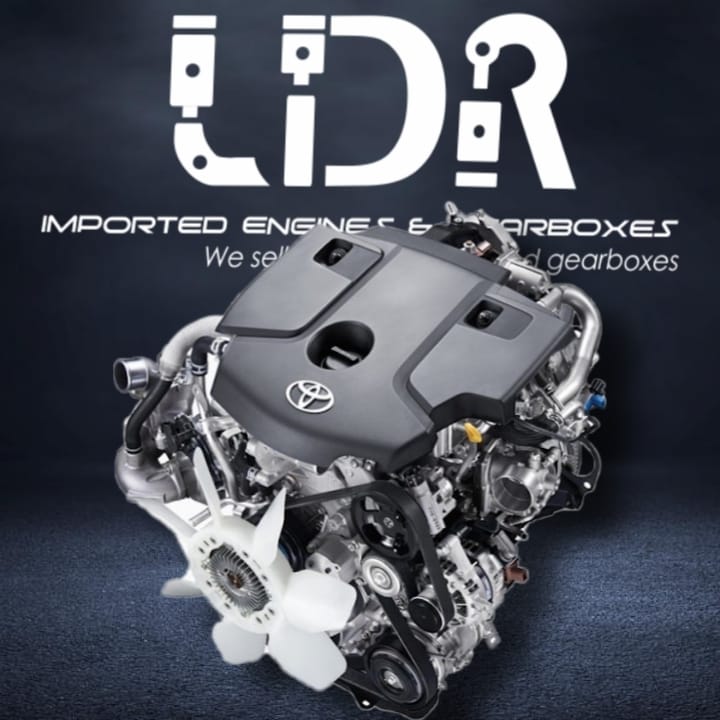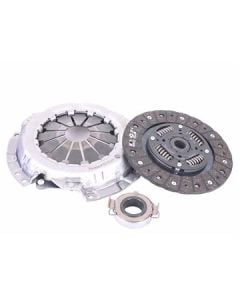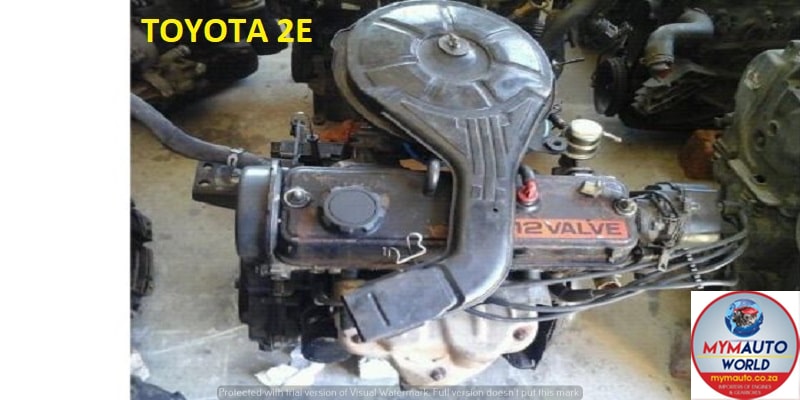Engine Buying Expert Tips on Picking the Right Engine for Your Particular Needs
Selecting the right engine for your particular demands entails an intricate interaction of aspects that go past plain horse power numbers. By diving right into the complexities of power versus effectiveness, reviewing gas ratings, and budgeting for long-lasting prices, one can absolutely maximize their engine option.
Power Vs. Performance: Discovering the Equilibrium

When choosing an engine, it is crucial to strike an equilibrium between power and performance to satisfy your details requirements properly. Power describes the engine's ability to produce energy for propulsion, identifying elements like velocity, hauling capability, and overall efficiency (Toyota Tazz Engine For Sale). On the various other hand, efficiency connects to just how well the engine utilizes fuel to generate power, impacting variables such as gas economic situation and environmental friendliness
Attaining the ideal balance between power and efficiency is crucial since an engine that is as well powerful may take in too much gas, bring about higher operating costs and unneeded stress on the setting. Conversely, an engine that focuses on performance over power may cause sluggish performance, specifically popular situations like lugging hefty lots or driving uphill.
To make an educated decision, consider aspects such as your normal driving conditions, the intended usage of the automobile, and your personal choices. By examining your needs and concerns, you can select an engine that strikes the ideal equilibrium between power and performance, making certain ideal efficiency while minimizing ecological effect and operating expenses.
Recognizing Engine Dimension and Type

Usual engine kinds include inline engines, V engines, and rotary engines, each with its distinct advantages and drawbacks. Understanding the interplay in between engine dimension and kind is crucial in choosing an engine that aligns with your specific requirements and concerns, whether it be power, effectiveness, or a balance of both.
Consider Your Vehicle's Needs
If you are looking for an engine for a sturdy truck that will certainly be made use of for towing, you will need an effective engine with high torque capabilities. On the various other hand, if you are picking look at these guys an engine for a compact car largely utilized for city travelling, gas effectiveness might be a more important element to take into consideration.

Examining Gas Effectiveness Rankings
Examining gas performance rankings is a vital element of picking the appropriate engine for your automobile, guaranteeing cost savings and ecological sustainability. Fuel performance scores, commonly gauged in miles per gallon (MPG) for basics gasoline engines or kilowatt-hours per 100 miles (kWh/100 miles) for electric engines, indicate just how much a lorry can travel on a specific quantity of fuel or power. Higher MPG or reduced kWh/100 miles worths signify much more efficient engines, converting to minimized gas prices and reduced carbon exhausts.
Furthermore, contrast different engine choices within the exact same automobile course to identify the most cost-effective selection. Variables such as engine dimension, weight, the rules of aerodynamics, and crossbreed or electrical abilities can all influence fuel performance.
Budgeting for Long-Term Expenses
Strategically planning for long-lasting expenditures is essential when choosing an engine, making certain financial sustainability over the car's lifespan. While the initial purchase price of an engine is a substantial aspect, it is vital to think about the lasting prices connected with maintenance, fixings, and fuel consumption.
Moreover, looking into the schedule and price of replacement parts for the picked engine is crucial in budget plan planning. Engines with easily offered and budget friendly components can dramatically influence lasting maintenance costs. Additionally, taking into consideration the engine's resilience and expected lifespan can assist stay clear of unforeseen substitute prices in the future. By meticulously budgeting for these long-term expenditures and factoring them into the decision-making process, individuals can select an engine that not only satisfies their immediate requirements but additionally remains affordable throughout its life-span.
Final Thought
Finally, picking the right engine for your specific requirements needs balancing power read the article and efficiency, understanding engine dimension and kind, considering your lorry's requirements, examining gas performance ratings, and budgeting for lasting expenses. By carefully thinking about these variables, you can make certain that you choose an engine that satisfies your demands and gives optimum performance for your car.
To additionally refine the choice process of an engine that strikes the optimal balance in between power and performance, it is necessary to dig right into the details of comprehending engine dimension and type. Engine size refers to the complete quantity of air and fuel that can be pushed through the engine cylinders. Typical engine types include inline engines, V engines, and rotary engines, each with its distinct benefits and disadvantages. Understanding the interaction between engine dimension and type is essential in selecting an engine that lines up with your particular demands and priorities, whether it be power, efficiency, or an equilibrium of both.
Gas efficiency rankings, usually determined in miles per gallon (MPG) for gas engines or kilowatt-hours per 100 miles (kWh/100 miles) for electrical engines, indicate just how far an automobile can take a trip on a certain quantity of gas or electricity.